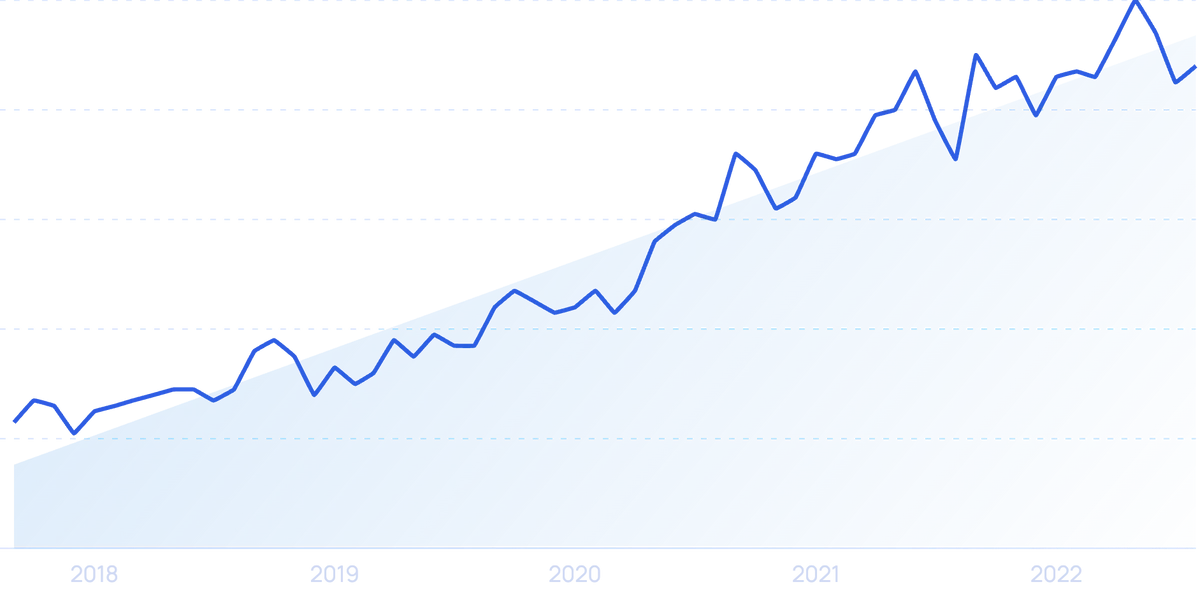Navigating the Future: Understanding Key Economic Trends
Introduction
In the dynamic world of business, staying attuned to economic trends is paramount for success. Economic trends encompass a wide array of factors that impact businesses, from shifts in consumer behavior to global events influencing markets. In this article, we will explore the significance of understanding economic trends, highlight some of the key trends shaping today’s business landscape, and discuss strategies for adapting to these changes.
The Importance of Economic Trends
Economic trends serve as the compass guiding businesses through uncertain terrain. By analyzing and adapting to these trends, companies can make informed decisions, mitigate risks, and identify opportunities for growth. Here are several compelling reasons why keeping an eye on economic trends is crucial:
- Market Insights: Economic trends provide invaluable insights into consumer preferences, spending patterns, and overall market sentiment. Understanding these factors enables businesses to tailor their products and services to meet evolving demands.
- Risk Mitigation: By anticipating economic downturns or industry-specific challenges, businesses can develop contingency plans and risk management strategies. This preparedness can be the difference between survival and failure during challenging times.
- Competitive Advantage: Staying ahead of economic trends allows businesses to gain a competitive edge. Adapting to changing consumer needs faster than competitors can lead to increased market share and brand loyalty.
- Investment Decisions: For investors and entrepreneurs, economic trends are instrumental in making informed investment decisions. Allocating resources wisely, whether in stocks, real estate, or startups, requires a deep understanding of economic indicators.
Key Economic Trends in Today’s Business Landscape
- Digital Transformation: The rapid adoption of technology, accelerated by the COVID-19 pandemic, has ushered in a new era of digital transformation. Businesses are investing heavily in e-commerce, automation, and data analytics to remain competitive.
- Sustainability and ESG: Environmental, Social, and Governance (ESG) factors have gained prominence. Consumers are increasingly supporting eco-conscious and socially responsible brands. Businesses are responding by implementing sustainable practices and reporting on ESG metrics.
- Remote Work: The pandemic also reshaped the way we work. Remote and hybrid work models are here to stay, impacting office space demand, workforce management, and the tech tools needed to facilitate remote collaboration.
- Supply Chain Resilience: Global supply chains faced disruptions due to the pandemic. Businesses are now reevaluating their supply chain strategies, focusing on diversification, local sourcing, and risk management.
- Inflation and Pricing Pressures: Rising inflation rates are affecting businesses’ cost structures and pricing strategies. Managing inflation-related challenges while maintaining profitability is a critical concern.
Adapting to Economic Trends
- Continuous Learning: Stay informed by regularly reading financial news, reports, and economic analyses. Attend webinars, conferences, and seminars to gain insights from industry experts.
- Data-Driven Decision-Making: Leverage data analytics to monitor customer behavior, track sales trends, and make informed business decisions. Data can reveal consumer preferences and emerging market opportunities.
- Agility: Foster a culture of adaptability within your organization. Be ready to pivot when necessary and embrace change as an opportunity for growth.
- Strategic Partnerships: Collaborate with other businesses, startups, or research institutions to leverage expertise, share resources, and explore emerging trends together.
Conclusion
Understanding and responding to economic trends is an integral part of thriving in today’s business environment. By remaining vigilant, embracing change, and making informed decisions, businesses can navigate the complex landscape of economic trends successfully. In an era marked by rapid transformation and uncertainty, the ability to anticipate and adapt to economic shifts can be a defining factor in a company’s long-term success.
Share this content:



